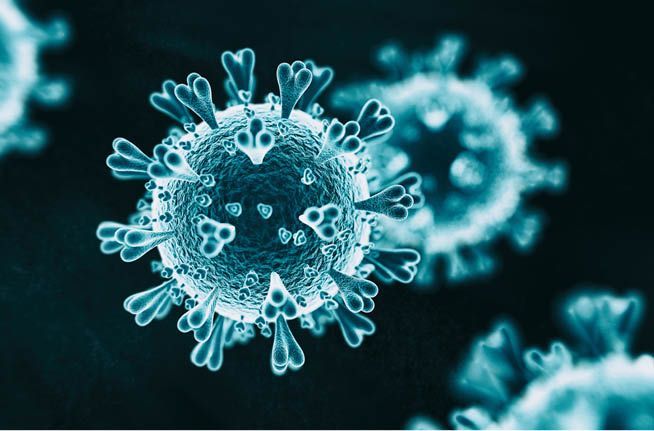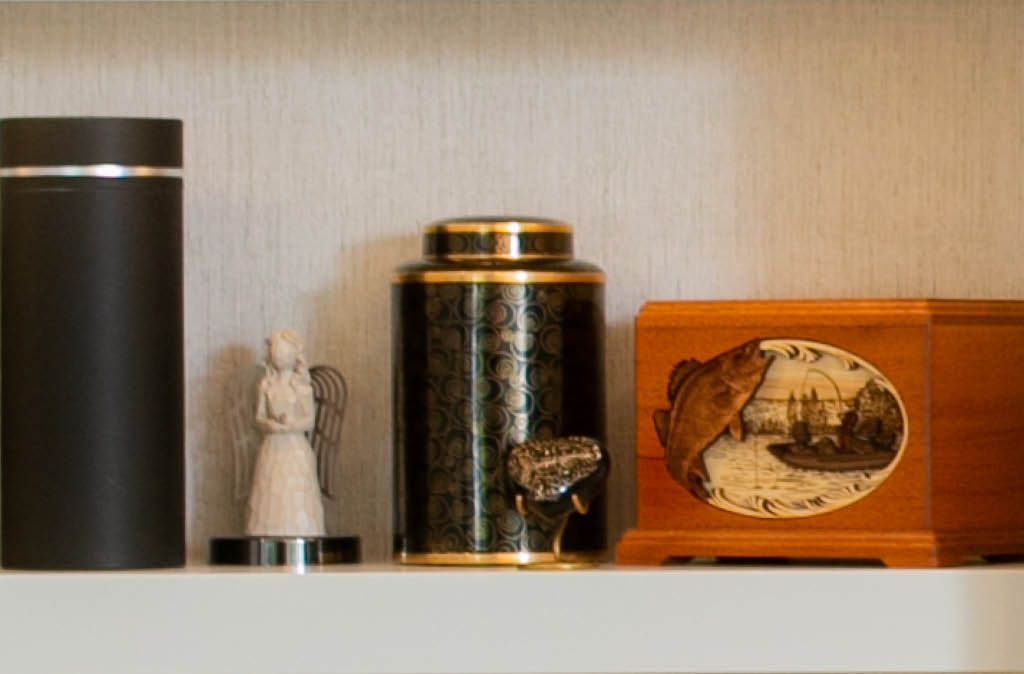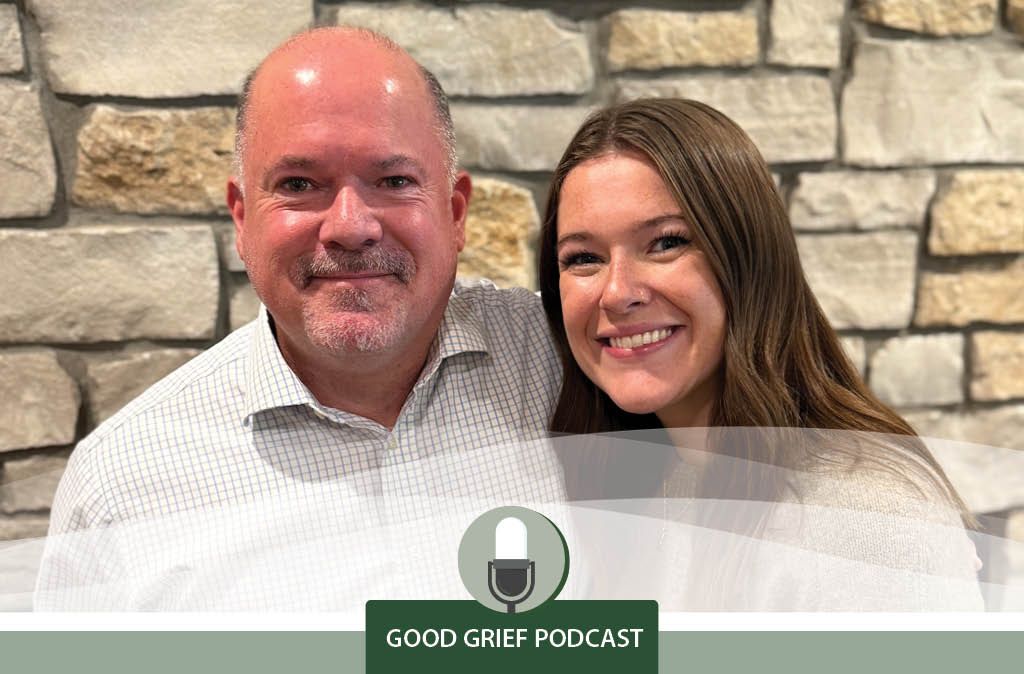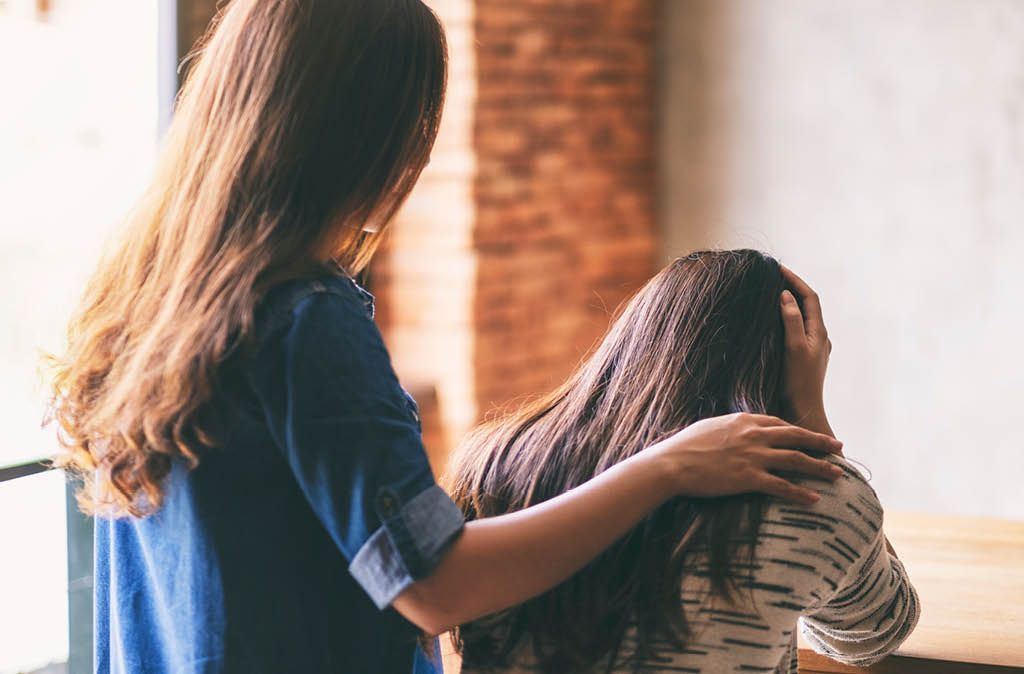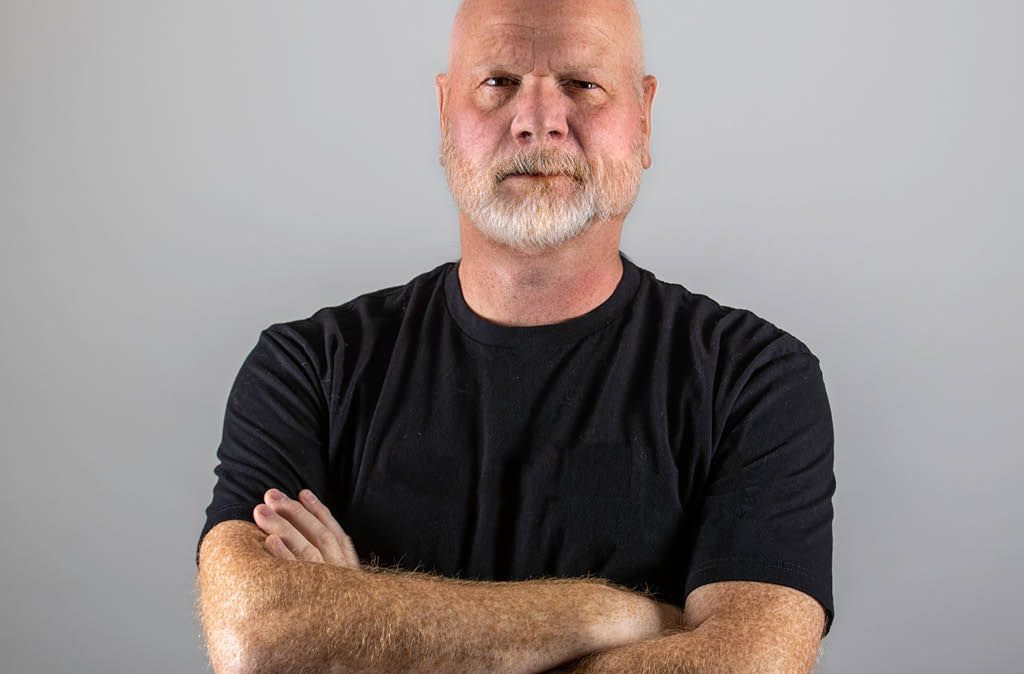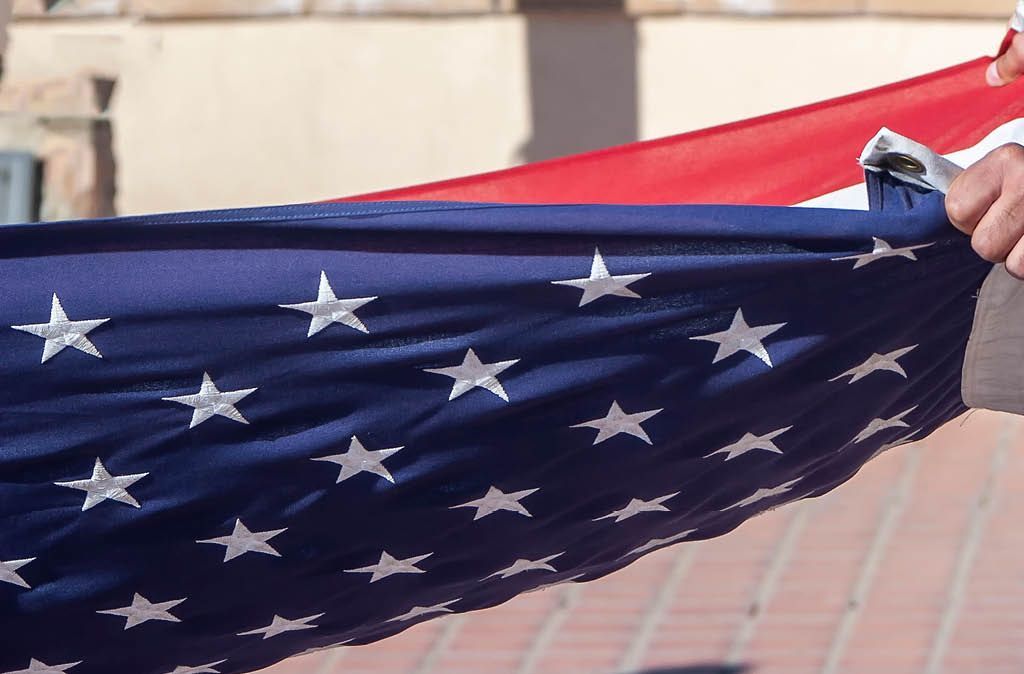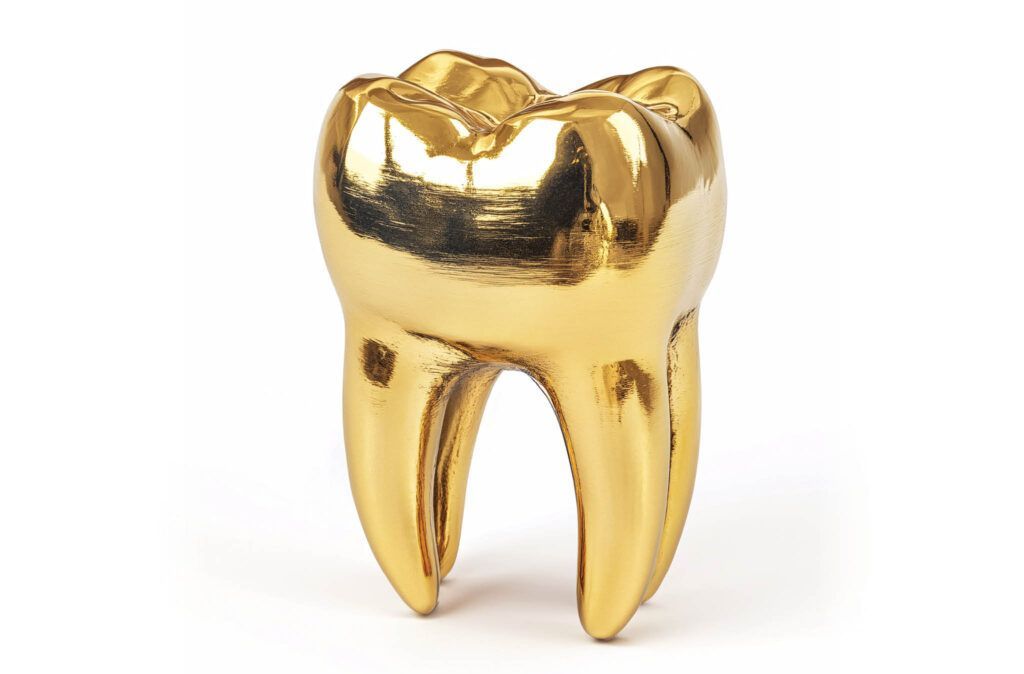O’Connell Family Funeral Homes are preparing for Coronavirus
The Coronavirus has overwhelmingly engrossed our lives. It’s hard to miss it. Wherever you go, it’s the center of the conversation. A few weeks ago we joked about it. People joked that it was merely a hangover from too much Corona. But the humor in it is falling fast, and as a result, fear is gripping society because there is still much to learn about this “new” virus.
It’s also important to put things into perspective and understand facts about the virus. The CDC estimates that nearly 56,000 people die every year from the common flu or flu-like illnesses. Many of us already know that several bacterial infections such as C-Diff, meningitis, e-coli, strep, hepatitis and tuberculosis can be deadly as well. Another well-known infection that can be lethal is pneumonia , which leads to around 50,000 deaths per year in the United States. So why is there so much media coverage on Coronavirus? It’s new, and there are many aspects of it that we are still learning about. Furthermore, for a small percentage, it is very virulent in its reaction to the body and can cause death. The media is continually covering how many new cases there are every minute and are fueling the frenzy.
How are the funeral directors at O’Connell Funeral Homes who deal with death in person, dealing with it?
First, we are educated on infectious disease. A good share of our education is understanding the human body, the immune system, and how it is affected by viruses and bacteria. The chemistry and microbiology classes can be boring, but that knowledge of different afflictions and maladies is so important in situations as these. As funeral directors, we are continually exposed to some of the most deadly organisms around. AIDS, HIV, MRSA, and hepatitis to name a few. But understanding how illness works is the first step in prevention. We are trained on the use of personal protective equipment, such as gloves, masks, or eyewear. But again, knowledge is key to understanding how the disease is transmitted to help reduce the chance of being exposed or inoculated.
What are the O’Connell Funeral Homes doing to ensure the community is safe at funerals?
Great question. We have begun to meet local clergy and community officials to discuss how we can work together in recognizing the threats with coronavirus. Funerals are for the living, and we will be diligent in our response during this pandemic to ensure the well being of our staff, the families we serve, and the greater community. We are members of the National Funeral Directors Association. Only a portion of all funeral homes belongs to this association. The NFDA sets standards for the best funeral homes in the country with comprehensive education and resources that are critical in times of concern. This allows these funeral homes to be leaders in times of tragedy and uncertainty.
As for gatherings for funeral and celebrations of life, we plan on proceeding as we have in the past; unless directed otherwise by the local government. Although we take great pride in offering well-maintained and clean facilities, we will take greater measures with assiduous attention to areas of frequent contact by others such as doorknobs, phones, and faucets. We will be active during gatherings by monitoring and disinfecting areas frequented. We will assure there are plenty of tissues for visitors, antibacterial soaps or wipes, and sanitizer gel readily available. As I mentioned, this pandemic response is new to all of us, so if you have helpful suggestions, we are more than willing to listen.
What can I do to limit myself or my family from getting sick?
1) You will hear this time after time; WASH YOUR HANDS frequently. The best way to prevent coronavirus is to wash your hands as often as possible. Wet your hands with warm water, then apply a mild soap. Work the soap into a lather for 20-30 seconds, then rinse your hands clean under warm running water. This is about how long it takes to sing the “Happy Birthday” song to yourself twice. The World Health Organization recommends not just rubbing your hand’s palm to palm, but interlacing and interlocking your fingers in a variety of different ways to make sure every surface is clean. Use the paper towel you dry your hands off with to turn off the faucet. If you can’t wash your hands, use a hand sanitizer that contains 60-95% alcohol. Alcohol percentages higher than 95% are actually less effective.
2) Keep your hands away from your face ; eyes, nose, mouth! If you need to do so, wash your hands first.
3) Sounds obvious, but stay away from people coughing or sneezing.
4) Limit personal contact with others. Everyone is joking around about the fist or elbow bump but refrain completely. That’s completely foreign when it comes to a funeral or memorial services! Hugs are how we show we care. But until this subsides, show you care by refraining from any contact with those attending funerals. In fact, give yourself a little distance from others. It is recommended to stay at least six feet from others. But honestly, that’s not very reasonable. But in that mindset, give yourself a few feet.
What if I am coming to a funeral, memorial, or gathering?
1) The number one golden rule: if you are sick stay away!! Lets not complicate the family’s grief by exposing them to Coronavirus. Once this all settles down, there will be plenty of opportunities to visit friends and family later.
2) Small children have been spared for the most part with this virus at this time, but that doesn’t mean they can’t get it. Children and the elderly are the most vulnerable to viruses. During these times, we ask for due diligence if bringing them to public gatherings such as memorials. Little children frequently have runny noses to begin with. Lets keep them and others safe!
3) Much attention has been given to wearing masks. Unfortunately, this does not stop you from getting sick. Instead, if you are sick, it helps lessen airborne particles if you sneeze.
4) If you are coming to a gathering, consider limiting your time present. Find the members you wish to express condolences to and then move on. Give them space, a few feet at the very least and refrain from hugging or giving handshakes.
5) Consider giving your condolence card at a later date. We never know how many people have touched the envelope or card. And from a funeral directors viewpoint, they will need you most a few months down the road anyway! Or, another option is making a donation to an organization that was near and dear to the deceased’s family.
So let’s all take a step back and take a deep breath. Let’s use common sense. Let’s be practical. Let’s not overreact. Let’s do this together!

